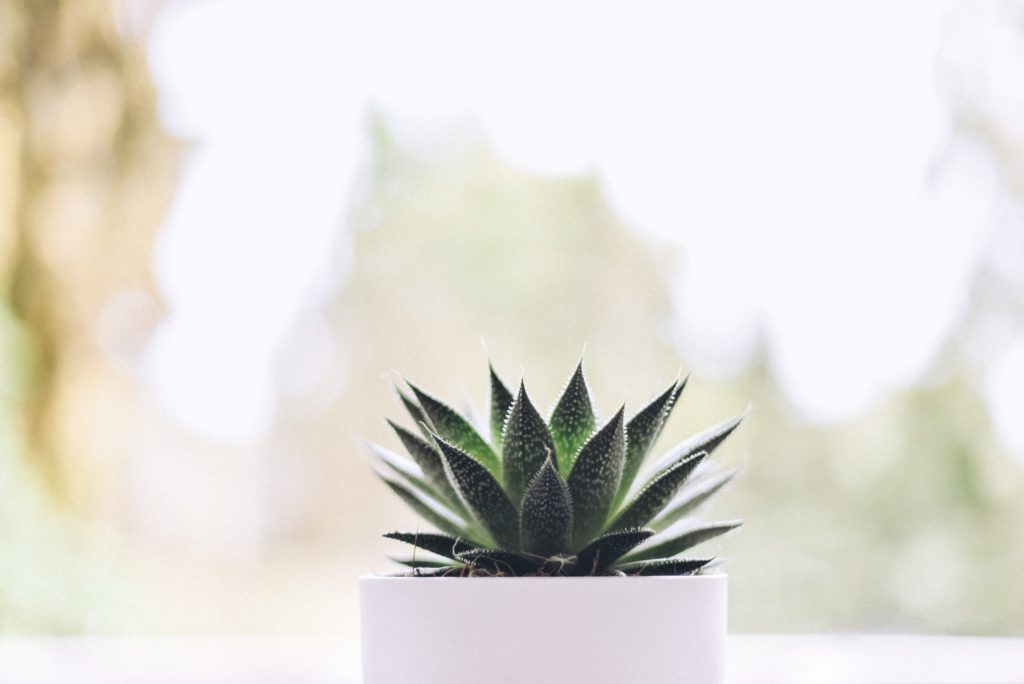Why You Suffer From Acne Scar Remedy?

anyone with acne knows how inconvenient (at best) a breakout can be. Although our individual acne symptoms—like pimples—will eventually go away, sometimes, a scar can stick around for weeks or even months.
Professional treatments like micro-needling, dermal fillers, lasers, and subsection surgery can be very useful in reversing the indentations left by scars, but your wallet will be happy to know that an inexpensive, all-natural ingredient can also help improve the appearance of scarring: aloe vera.
We spoke with board-certified dermatologist Rachel Nazarian, MD, of Schweiger Dermatology Group in New York City to learn what aloe vera can do for acne scars, and how to get the most out of the ingredient.
What Is Aloe Vera?
Aloe vera is a naturally-derived ingredient found in the aloe plant and is sold in powder, liquid, and gel form.
It’s made up of a whopping 99.5% water, as well as polysaccharides, amino acids, vitamins, lipids, and enzymes. The high water content helps restore water to the skin.
however, overuse can actually dry out the skin as the natural exfoliating properties of aloe’s enzymes can potentially over-strip if used too often.
Benefits of Aloe Vera for Acne Scars
Repairs the skin: “Aloe vera is a wonderful natural option for reducing the residual injury to the skin caused by acne or other wounds,” Nazarian says.
Like scars found elsewhere on the body, acne scars occur when breakage occurs in the skin. Even if you don’t pop or pick your pimples, you may still notice scarring if the clogged pore beneath the breakout expands so much that the follicle wall breaks, says the American Society of Dermatologic Surgery.
Fortunately, aloe vera can help heal those scars over time thanks to its natural anti-inflammatory and antioxidant properties. “There are studies that have shown aloe vera to increase growth factors for fibroblasts—the cells that make collagen,” Nazarian adds.
Recuperates wounds and aggravation: “There are likewise examines that have bolstered the utilization of aloe vera to improve wound mending, and to diminish skin irritation,” Nazarian clarifies.
Other Skin Benefits
- Soothes the skin: Aloe vera is best used for soothing itchiness or irritation. Dermatologist Marnie Nussbaum, MD says aloe vera is a great added bonus to use in conjunction with your other calming products.
- Prevents transepidermal water loss (TEWL): Transepidermal water loss occurs when the skin gets dehydrated, which causes dryness and inflammation. Says Nussbaum, “The phytosterols soothe itchiness and irritation and prevent transepidermal water loss, which is really important when you have a sunburn or a windburn.”
- Cools and hydrates the skin: “For burns, it creates a better barrier for the skin while cooling it and hydrating it,” Nussbaum says. She adds that the reason aloe vera extract is so hydrating is the fact that it’s 99.5% water. She also credits the polysaccharides for the hydrating and anti-inflammatory benefits.
- Saturates: Perry Romanowski, a restorative physicist, says that another principle advantage is a little degree of moisturization. “It wouldn’t be my go-to for skin inflammation or psoriasis, in spite of the fact that it has appeared to support it,” Nussbaum includes.
Step-by-step instructions to Apply Aloe for Acne Scars
Aloe vera is accessible in various structures, from beverages to gel to supplements, so which recipe is the best for recuperating skin break-out scars? “Oral admission of aloe vera likely doesn’t have a similar injury mending properties as the topical structures, so I would suggest topical utilize promptly following tissue injury, two times every day for 1 fourteen days,” Nazarian suggests.
To apply aloe to the skin, start by washing your face and drying it with a perfect towel.
At that point, apply a slim layer of aloe vera to the influenced regions on your skin and permit it for several minutes to evaporate before following your standard skincare schedule.
While aloe can work well on its own, some people may see better results if it’s used in tandem with specific products. “For acne, it can be used in conjunction with traditional acne medications nightly, which will aid in curbing irritation and dryness, and potentially improve residual scars and marks,” says Nazarian.
Side Effects
As with anything we put in or on our bodies to treat a medical issue, there’s always the risk of experiencing side effects, but when it comes to aloe vera, there are very few.
“There’s always a consideration for contact allergy, so use a small amount in a discreet location to test your sensitivity first,” says Nazarian.
If you’ve applied aloe vera to your skin and notice redness or itching, carefully remove as much as you can and discontinue use immediately.
If you have sensitive skin and worry that you may have an adverse reaction to aloe vera, reach for products with the highest percentage of pure aloe possible as some may contain fragrance, which can result in irritation, or reach for fresh aloe from an actual mature aloe plant.
“Unfortunately, because the use of aloe vera is not standardized, it’s often difficult to know the composition and purity of the various options available for sale,” Nazarian adds.
Sharing is caring!







